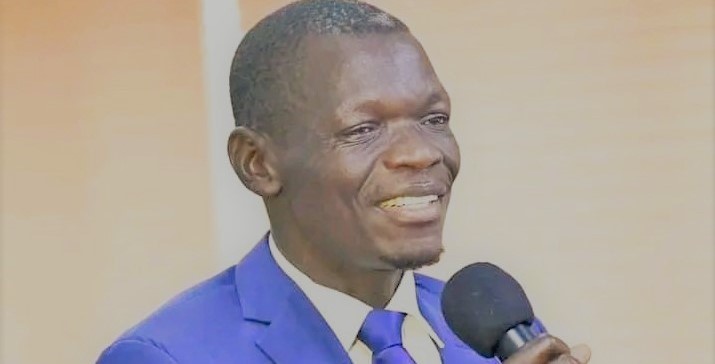The acting head of South Sudan’s main opposition group, the Sudan People’s Liberation Movement-in-Opposition (SPLM-IO), has reinstated Lt. Gen. Alfred Futuyo Karaba as governor of Western Equatoria State, months after his dismissal by President Salva Kiir without the group’s consent.
Oyet Nathaniel Pierino, the SPLM-IO’s acting chairman, issued an order dated Aug. 30, annulling Kiir’s February decree and reappointing Futuyo with immediate effect.
The order, seen by Radio Tamazuj, cited provisions of the 2018 Revitalized Agreement on the Resolution of the Conflict in South Sudan (R-ARCSS), which outlines power-sharing arrangements between the government and opposition groups.
Futuyo had served as governor since June 29, 2020, following his appointment by Kiir under the terms of the peace deal. His removal on Feb. 10, 2025, was widely criticized by the SPLM-IO as a unilateral violation of the agreement.
Under the R-ARCSS, the governorship of Western Equatoria is allocated to the SPLM-IO, led by First Vice President Riek Machar. Pierino’s statement referenced multiple clauses of the agreement, as well as the SPLM-IO’s internal constitution and resolutions from past national conferences.
Futuyo also serves as a commander of the SPLA-IO forces in Western Equatoria State. His reappointment is expected to take effect in areas under SPLA-IO control.
Observers say the move highlights growing tensions within South Sudan’s fragile unity government and could signal further deterioration of the 2018 peace deal.
“The fate of the 2018 peace agreement is really at risk,” said Edmund Yakani, a civil society activist and peace observer. “The move by the acting chairperson of SPLM-IO, Oyet Nathaniel, by reinstating SPLM-IO officials including Gen. Alfred Futuyo as governor of Western Equatoria State, including the appointments of SPLM-IO’s own county commissioners, is a potential threat to the agreement.”
“It is clear now that Mr. Oyet considers the responsibility-sharing under R-ARCSS has collapsed, and the pathway of both political and military confrontation stands out,” Yakani added.
“The responsibility and political will for making the called inclusive political dialogue to hold is with the SPLM in government,” he said. “Delaying the process for holding inclusive political dialogue among the parties to R-ARCSS is really posing a risk on the fate of R-ARCSS. The recent designed split of the SPLM-IO is an act of dragging the country to war.”
Machar, a longtime political rival to Kiir, has been under house arrest since March 26. Kiir’s government accuses him of involvement in violence in Nasir County, Upper Nile State—allegations his supporters reject as politically motivated.
The United Nations Mission in South Sudan (UNMISS) has warned that the country risks sliding back into widespread conflict. The United States and other Western embassies have urged Kiir’s government to de-escalate tensions and release detained opposition leaders.
Machar signed the 2018 peace agreement with Kiir to end a five-year civil war that killed an estimated 400,000 people. However, many key provisions—including the unification of armed forces, the drafting of a permanent constitution, and preparations for national elections—remain unimplemented.




